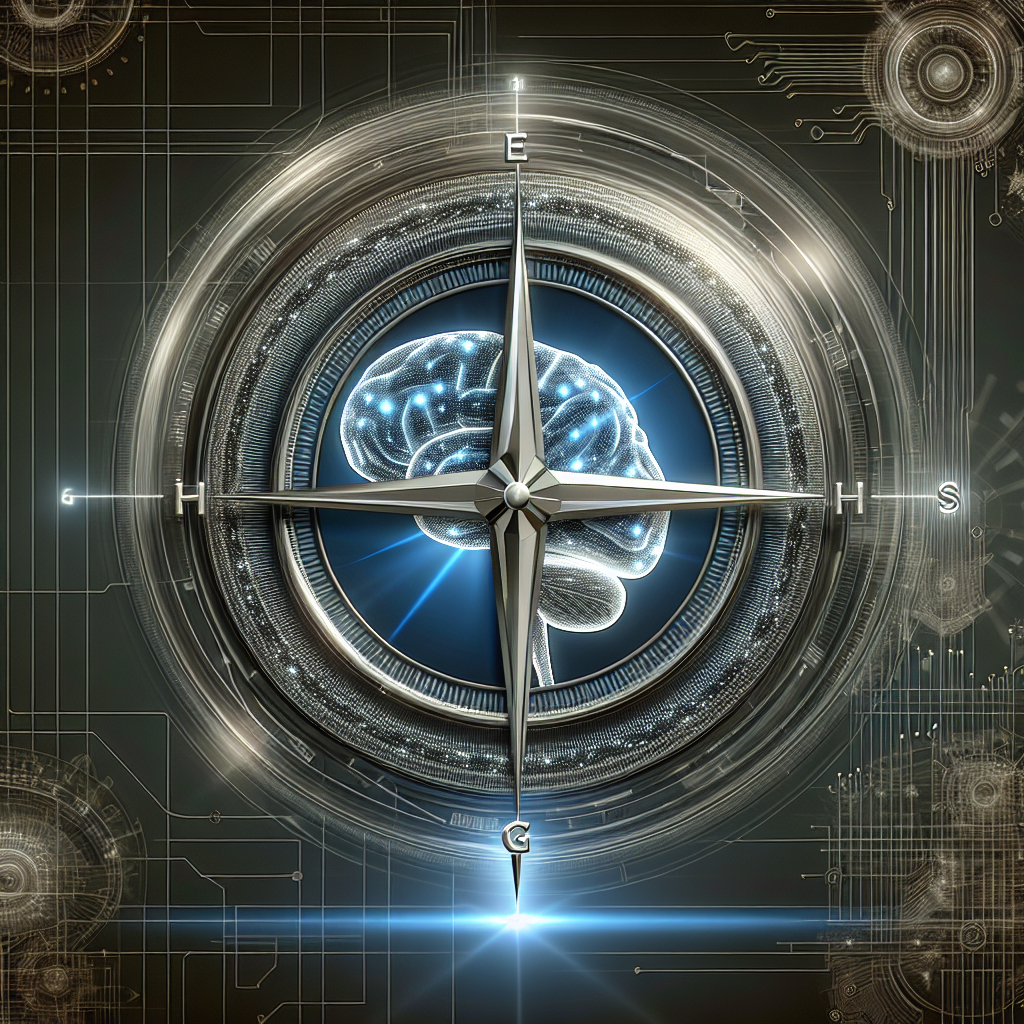Artificial General Intelligence (AGI) is a rapidly advancing field of technology that has the potential to revolutionize the way we live and work. AGI refers to machines that have the ability to perform any intellectual task that a human can do. This includes tasks such as problem solving, decision making, learning, and understanding natural language.
While the development of AGI holds great promise for improving our lives in countless ways, it also raises a number of ethical challenges that must be carefully considered. In this article, we will explore some of the key ethical questions surrounding AGI and how we can navigate these challenges in a responsible manner.
The Ethical Implications of AGI
One of the primary ethical concerns surrounding AGI is the potential for these intelligent machines to outperform humans in a wide range of tasks. This raises questions about the impact of AGI on the job market, as machines could potentially replace human workers in many industries. This could lead to widespread unemployment and economic instability, as well as social unrest as people struggle to adapt to a rapidly changing labor market.
Another ethical concern is the potential for AGI to be used for malicious purposes. For example, AGI could be used to develop autonomous weapons systems that could carry out attacks without human intervention. This raises questions about the morality of using AGI in warfare, as well as the potential for these systems to cause unintended harm to civilians.
Additionally, there are concerns about the potential for AGI to surpass human intelligence and develop its own goals and values that may be in conflict with those of humans. This raises questions about the control and governance of AGI, as well as the potential for these machines to act in ways that are harmful to humans.
Navigating the Challenges of AGI
In order to navigate the ethical challenges of AGI, it is crucial that we approach the development of these technologies with a strong ethical framework. This includes considering the potential impact of AGI on society as a whole, as well as on individual rights and freedoms. It also involves ensuring that AGI is developed in a way that is transparent and accountable, with robust mechanisms in place to address any ethical concerns that may arise.
One key aspect of navigating the challenges of AGI is ensuring that these technologies are developed in a way that is aligned with human values and ethical principles. This includes considering the potential impact of AGI on human dignity, autonomy, and privacy, as well as on the rights and well-being of individuals and communities. It also involves ensuring that AGI is developed in a way that is fair and equitable, with mechanisms in place to address any biases or discrimination that may arise.
Another key aspect of navigating the challenges of AGI is ensuring that these technologies are developed in a way that is safe and secure. This includes considering the potential risks of AGI, such as the potential for these machines to cause harm to humans or to act in ways that are unpredictable or uncontrollable. It also involves ensuring that AGI is developed in a way that is reliable and robust, with mechanisms in place to address any technical failures or malfunctions that may occur.
FAQs
Q: What are some of the potential benefits of AGI?
A: AGI has the potential to revolutionize a wide range of industries, including healthcare, transportation, finance, and education. For example, AGI could be used to develop more accurate diagnostic tools for medical conditions, more efficient transportation systems, more effective financial forecasting models, and more personalized educational resources.
Q: How can we ensure that AGI is developed in a responsible and ethical manner?
A: One key way to ensure that AGI is developed in a responsible and ethical manner is to involve a diverse range of stakeholders in the development process, including ethicists, policymakers, technologists, and members of the public. This can help to ensure that AGI is developed in a way that is aligned with human values and ethical principles, and that potential risks and challenges are carefully considered and addressed.
Q: What are some of the potential risks of AGI?
A: Some of the potential risks of AGI include the potential for these machines to outperform humans in a wide range of tasks, the potential for AGI to be used for malicious purposes, and the potential for these machines to surpass human intelligence and develop their own goals and values that may be in conflict with those of humans. These risks raise questions about the impact of AGI on the job market, on warfare, and on the control and governance of these technologies.
In conclusion, the development of AGI holds great promise for improving our lives in countless ways, but it also raises a number of ethical challenges that must be carefully considered. By approaching the development of AGI with a strong ethical framework and by ensuring that these technologies are developed in a responsible and ethical manner, we can navigate the challenges of AGI in a way that is aligned with human values and ethical principles.

